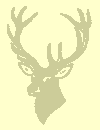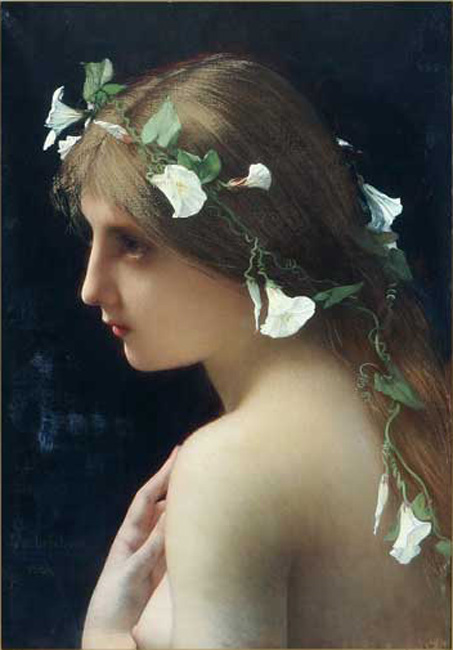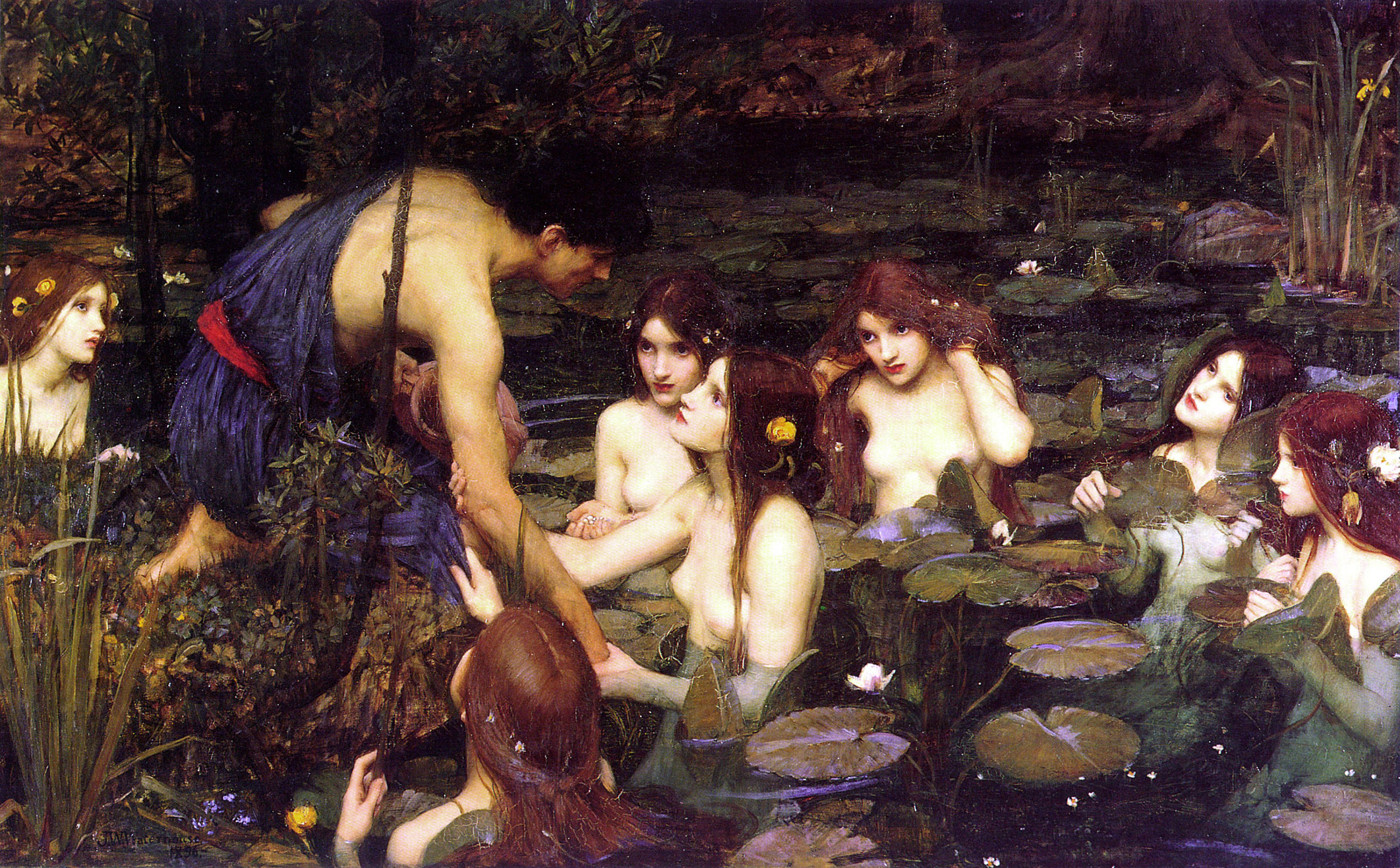The last dream of Akira
Akira Kurosawa's last “Dream”. 黒沢明の最後の「夢」
正直、生きてるのは良いもんだよ。とても面白い。
In fact, it's good to be alive. It's exciting.
The village
(This is the text of the english subtitles)
The movie on YouTube: Watermill Village Part 1 Part 2
.
A young man (Y) arrives in a village. He meets an old man (O) sitting and repairing a wheel of a water mill...
Y: Good day. Good day!
O: Ah... good day.
Y: What's the name of this village?
O: Doesn't have one. We just call it “The Village”. Some people call it “Watermill Village”.
(Looking at the house...)
Y: Do all the villagers live here?
O: No... they live in other places.
Y: There's no electricity here?
O: Don't need it. People get too used to convenience. They think convenience is better. They throw out what's truly good.
Y: But what about lights?
O: We've got candles and linseed oil.
Y: But night's so dark...
O: Yes. That's what night is supposed to be. Why should night be as bright as day? I wouldn't like nights so bright you couldn't see the stars.
Y: You have paddies... but no tractors to cultivate them ?
O: Don't need them. We've got cows, and horses.
Y: What do you use for fuel?
O: Firewood mostly. We don't feel right, chopping down trees, but enough fall down by themselves. We cut them up and use them as firewood. And if you make charcoal from the wood, just a few trees can give you as much heat as a whole forest. Yes, and cow dung makes good fuel too!
* * * * * * *
O: We try to live the way man used to. That's the natural way of life. People today have forgotten they're really just a part of nature. Yet, they destroy the nature on which our lives depend. They allways think they can make something better.
Especially scientists. They may be smart but most don't understand the heart of nature. They only invent things that in the end make people unhappy. Yet they're so proud of their inventions. What's worse, most people are, too. They view them as if they were miracles. They worship them. They don't know it, but they're losing nature. They don't see that they're going to perish.
The most important things for human beings are clean air and clean water and the trees and grass that produce them. Everything is being dirtied, polluted forever. Dirty air, dirty water dirtying the hearts of men.* * * * * * *
Y: On my way here, I happened to see some children putting flowers on a stone beside the bridge. Why?
O: Oh, that. My father told me once. Long ago, a sick traveller died by the bridge. The villagers took pity and buried him right there. They placed a large stone on his tomb and put flowers on it. It became a custom to put flowers there. Not only the children. All the villagers put flowers there as they pass, though most don't know why.
(One hears a music in the distance...)
Y: Is there a celebration today?
O: No, a funeral. You find this strange? A nice, happy funeral. It's good to work hard and live long and then be thanked. We have no temple or priest here. So all the villagers carry the dead to the cemetery on the hill. We don't like it when young adults or children die. It's hard to celebrate such a loss. But fortunately the people of this village lead a natural way of life. So they pass on at a ripe old age. The woman we're burying today lived to be ninety-nine. You must excuse me but I'm going to join the procession.
To tell the truth, she was my first love. But broke my heart and left me for another.* * * * * * *
Y: By the way, how old are you?
O: Me? One hundred plus three. A good age to stop living.
Some say life is hard That's just talk.
In fact, it's good to be alive. It's exciting.(the old man joins the merry procession...)








